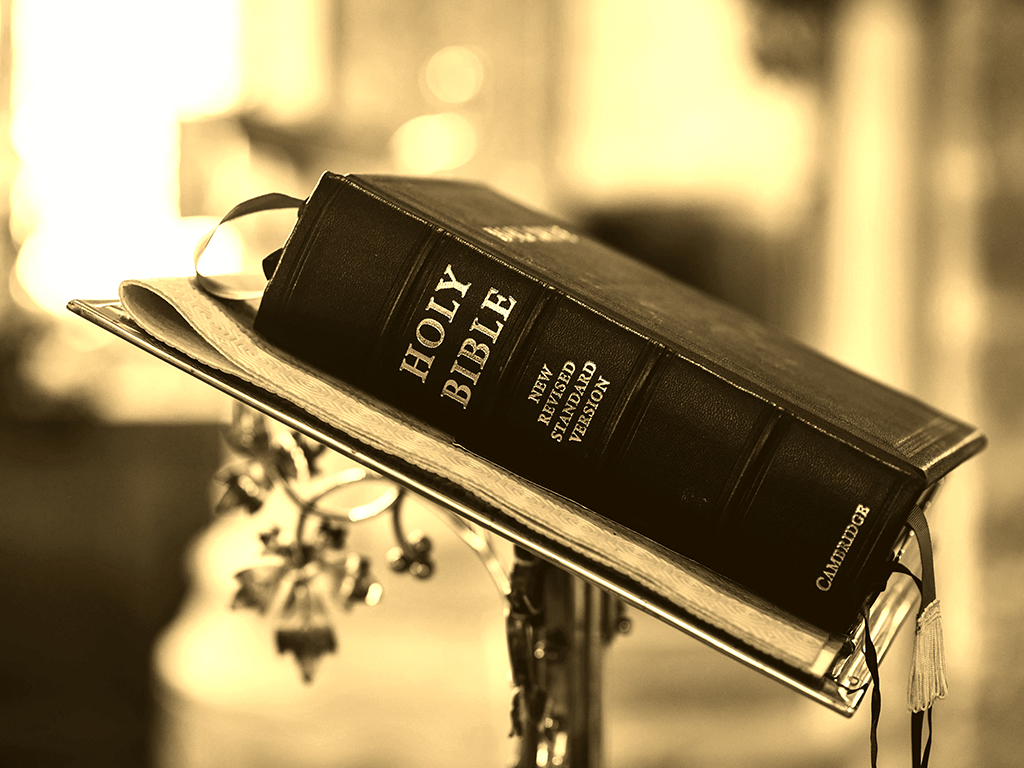Purpose In verse 15, John uses the term, confess in a manner that represents probability or doubt. Not everyone will confess Jesus as the Son of God. However, for those who do acknowledge Christ, God abides in him or her. The scriptures declare another promise for those who confess Christ; Christ will confess him or her before God, Matthew 10:32.... Read More
Background In 1 John, John calls the believers back to a fundamental understanding that God is love. He reveals that God is love later in the book. The first issue that he addresses deals with a split or division between strongly opposed sections or parties, caused by differences in opinion or belief. The opposing ideology known as Gnosticism... Read More
Background In 2 Thess 3, Paul concludes his letter to the Thessalonians, by once again providing instruction for behavior within the church. Before instructing the Thessalonians' behavior, Paul requests prayer for the spreading of the gospel and deliverance from wicked people. Scholars suggest that Paul's introduction follows ancient rhetoric. The... Read More
Background 2 Thess continues Paul's discourse to the Thessalonians. Scholars have not determined the time span between the first and second letter. The structure of the second letter is similar to the first. Both letters contain an opening greeting, prayer-report, instruction on the Lord's coming, instruction for life in the church, and closing... Read More
Background 1 Thess 5:12 – 28 narrates Paul's closing requests for life in the church and final greetings to the Thessalonians. This portion of the letter has been referred to closing remarks between friends. Verses 25 – 28 demonstrate evidence of friendship, by indicating communal prayer, greeting with a holy kiss, and encouraging all to read... Read More
Background In 1 Thess 4:1-13 – 5:11, Paul provides instruction and encouragement about the second coming of Jesus. His instruction and encouragement result from Timothy's report of the Thessalonians. They asked about those who die before the Lord's coming. Paul answers this question very simply, by stating that those in Christ who died will be... Read More
Background 1 Thess 4:1 – 12 begins Paul's discourse in addressing the Christian behavior that the Thessalonians should exhibit. Prior to this discourse, Paul establishes his apostleship, by expounding upon his missionary behavior in the previous chapter. He argues that his visit with his companions was not in vain. They proclaim and live the... Read More
Background The Gospel of Mark authorship dates in the first century. Mark's gospel represents the first written gospel out of the four in the New Testament. Mark purposefully uses Peter's account to make the good news accessible to the Gentiles, to encourage those facing persecution, to defend the faith, and to explain the significance of the... Read More
Background Acts 17:1-9 explicates Paul's and Silas' missionary journey to Thessalonica. This journey occurs in the macro-context of Paul's deliberate Gentile ministry, where he embarked on his second missionary journey. Prior to Paul's and Silas' arrival, Luke describes their hardships in Philippi, where they endured beatings and imprisonment. It... Read More
Background 1 Thessalonians 2:17 – 3:13 reveals Paul's address to the Thessalonians. Prior to Paul's address, the city officials evicted Paul and Silas from Thessalonica, due to their proclamation of Jesus being the Messiah. Paul now narrates their desire to return to Thessalonica. However, due to hardships by Satan, they could not return.... Read More





